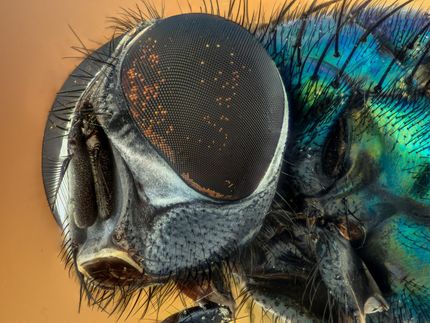Life's tiniest architects pinpointed by Yale researchers
Advertisement
If a genome is the blueprint for life, then the chief architects are tiny slices of genetic material that orchestrate how we are assembled and function, Yale School of Medicine researchers report in the journal Developmental Cell.
The study pinpoints the molecular regulators of epigenetics – the process by which unchanging genes along our DNA are switched on and off at precisely right time and place.
"Our genome is like a landscape with lakes, mountains, and rivers, but it is not yet a community or a city full of buildings," said Haifan Lin, director of the Yale Stem Cell Center and senior author of the study. "What this system does is decide where and when to send out the masons, carpenters, and electricians to build a city or a community."
In the past 20 years, scientists have discovered that some proteins, called epigenetic factors, traverse the static genome and turn the genes on or off. The staggering number of potential combinations of active and inactive genes explains why a relatively small number of genes can carry out such a wide range of functions. But what guides these epigenetic factors to their target? The answer, the Yale team has found, is specialized RNAs called piRNAs.
In the latest study, the Yale team discovered that piRNAs guide epigenetic factors to numerous sites throughout the genome of the fruit fly Drosophila, where these switches work to turn genes on or off. The dramatic change in gene expression patterns found illustrated piRNAs key role in coordinating biological activity.
"This is the first major mechanism discovered that controls where epigenetic factors —the gene switches— are to be placed in the genome," Lin said.
Several types of cancers appeared to be triggered when the wrong kinds of piRNAs guide epigenetic factors to activate the wrong genes. Blocking the action of these piRNAs should become a new opportunity to treat cancers, Lin said.




















































